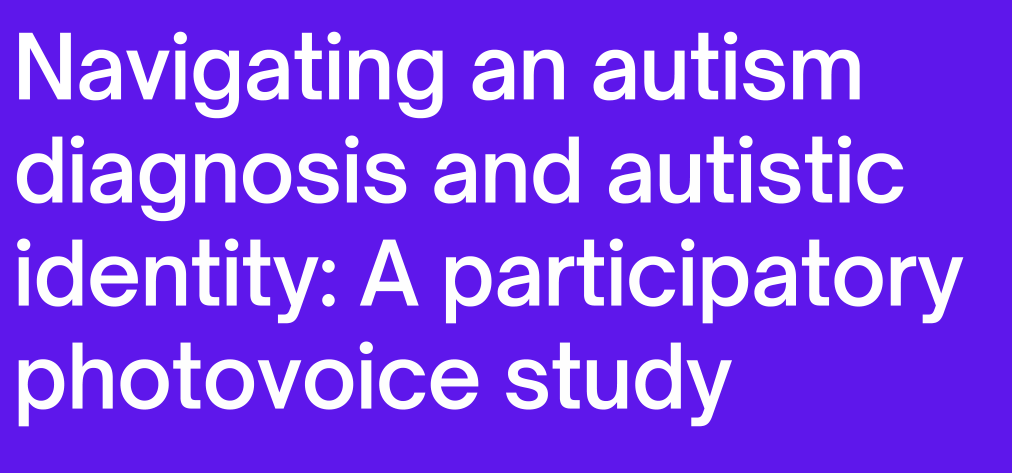Background:
Many autistic people experience difficulties in recalling personally experienced past events (episodic memory). These memory difficulties also extend to thinking about the future (episodic future thinking) and remembering to carry out tasks in the future (prospective memory). These processes require the use of mental visualisation of oneself in past or future. Visualisation skills reflect a spectrum of individual differences, from little to no mental visualisation (Aphantasia) to high clarity vivid mental imagery (Hyperphantasia). In the general population, approximately 2% of people experience Aphantasia.
Aims:
The research investigated whether autistic people experience higher rates of Aphantasia compared to non-autistic people, and how visualisation skills might relate to episodic memory and future thinking.
Methods:
193 participants took part in this study, of which 98 were autistic diagnosed or self-identifying autistic adults and 93 were non-autistic adults. Participants completed the research online, answering a series of questionnaires about autistic traits, visualisation, episodic memory, and episodic future thinking.
Results:
The results of the study that showed a higher rate of Aphantasia in autistic adults (5.6%) compared to non-autistic adults in this study (1%) and previous research (2%). In the autistic group, mentalizing difficulties related to autistic traits were associated with less visualisation of mental images (greater levels of Aphantasia). However, visualisation difficulties, but not mentalizing difficulties, were specifically related fewer future thinking events. This was not the case for episodic memory in autistic adults. However, compared to non-autistic adults, the autistic adults in the present study made more errors, overall, and generated fewer episodic memories and future thinking events. The findings of the study offer promising insights to the pattern of cognitive variability in autistic adults. These insights could be potentially useful to inform future targeted support for every day remembering.
Check out the poster here:




